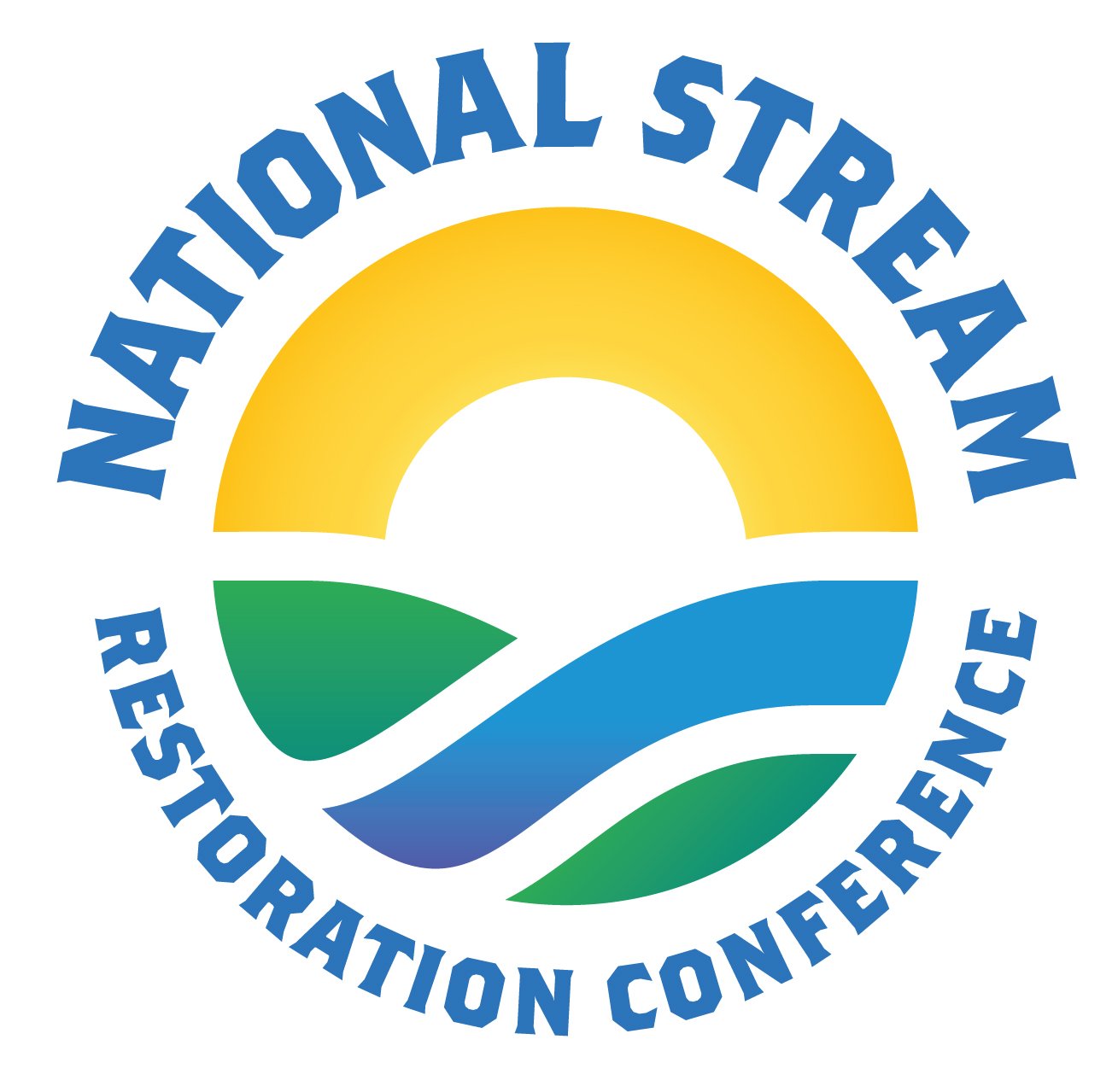An Examination of the Impact of Urbanization on Stream Biodiversity and Ecosystem Function
Anthony J. Roux
Mecklenburg County Land Use and Environmental Services Agency
Water Quality Program
Charlotte, NC
Co-author: Sandra M. Clinton, Department of Geography and Earth Sciences, University of North Carolina Charlotte
As impervious cover increases with development, increased stormwater runoff degrades stream channels which negatively impacts stream habitat quality and benthic macroinvertebrate community diversity. Watershed managers respond to urban stream degradation by repairing streams using restoration techniques; however, most natural channel design approaches do not result in an uplift of the benthic macroinvertebrate community. To better understand the impact of urbanization on benthic macroinvertebrate assemblages, we conducted three complementary studies that evaluated the impact of development from the watershed to the reach scale. We first looked at the impact of development, as measured by percent impervious cover, on stream habitat quality and on benthic macroinvertebrate taxa and trait richness and diversity in 15 Piedmont stream in North Carolina over a 26-year period.
We next evaluated the relationship between stream habitat quality and taxa and trait richness and diversity in 30 Piedmont streams spanning a gradient of good to poor habitat quality. We also examined the distribution of taxa and traits among microhabitats within the same stream. The third study examined the impact of stormwater on benthic macroinvertebrate taxa and trait richness and diversity by comparing two adjacent tributaries that received stormwater runoff via different processes: one from stormwater infrastructure draining an adjacent development and the other through more natural overland and subsurface processes.
The long term projected identified thresholds of both percent impervious cover and stream habitat quality at which sensitive taxa and traits declined and thresholds at which tolerant taxa and associated traits increased in abundance. Taxa richness and diversity were positively correlated with stream habitat conditions while traits did change with habitat condition. Taxa and traits associated with specific microhabitats were identified.
The results of the stormwater study demonstrate that unmitigated stormwater can lead to both channel and stream habitat degradation which, in turn, negatively impacts the benthic macroinvertebrate assemblages. Incorporating the results of these studies into restoration design may improve the restoration success in achieving biological uplift of an urban stream’s aquatic biota and ecosystem function.
About Anthony J. Roux
Anthony Roux is a Senior Environmental Specialist in the Water Quality Program of the Charlotte-Mecklenburg Storm Water Services. He has worked at CMSWS for 38 years and has supervised the Mecklenburg County State Certified Biological Laboratory for the past 29 years coordinating the stream bioassessment program (fish, benthic macroinvertebrates, and algae). Dr. Roux has worked with the Charlotte-Mecklenburg Storm Water Services to evaluate the various stream restoration projects in Charlotte and Mecklenburg County. He completed his Ph.D. in Infrastructure and Environmental Systems (Ecological Engineering) at UNC Charlotte in December 2022. He studied the impact of urbanization on stream biodiversity and ecosystem function (Dissertation: An Examination of the Impact of Urbanization on Stream Biodiversity and Ecosystem Function). He has a B.S. in Biological Life Sciences, a B.S. in Zoology, and a M.S. in Zoology from North Carolina State University, a M.S. in Aquatic Ecology from the University of Notre Dame, and a PhD in Infrastructure and Environmental Systems from the University of North Carolina at Charlotte. He is a certified taxonomist for Eastern Mayflies, Stoneflies, Caddisflies through the Society for Freshwater Science.
https://www.linkedin.com/in/tony-roux-10a26b27/

